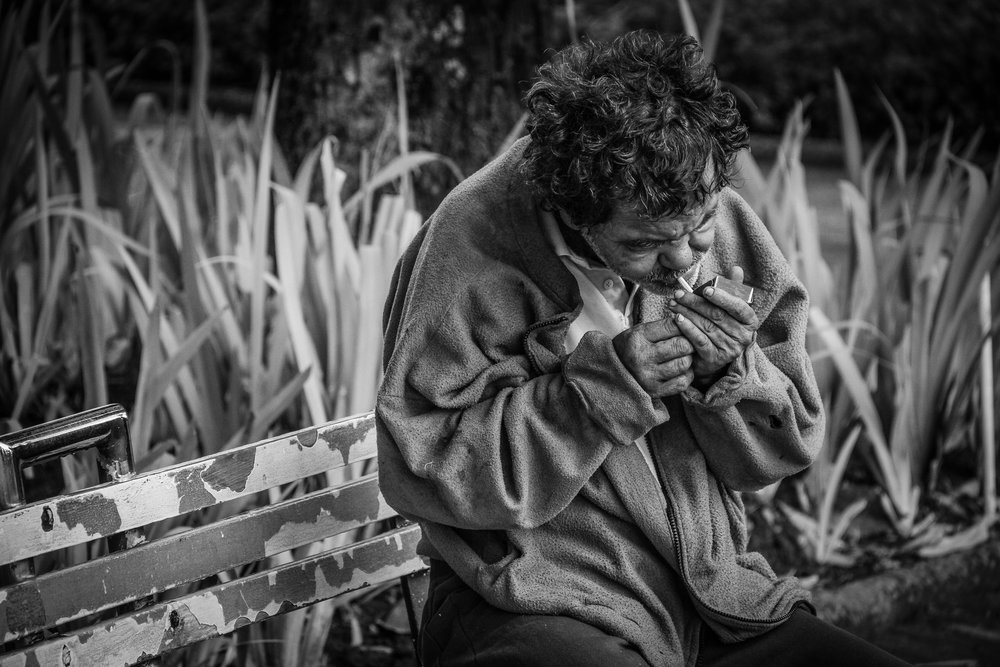In the above video clip, Michael Botticelli makes a compelling argument for the necessity of changing the stigma attached to addiction. In it, He makes an impassioned plea from personal experience. At one point in the clip he makes the statement that he feels more comfortable coming out as a gay man than being transparent about his history of addiction. This he feels after more than twenty years in recovery. Those of us who have addiction in our lives either actively or in our past doesn’t need to be told this. We know first hand about the stigma of addiction.

I have not had a drop of alcohol in my body for more than nineteen years and still find myself hesitant to disclose my recovery to people outside the recovery community. I want to be clear, I am in no way ashamed of my past. Perhaps it sounds paradoxical but, the single greatest thing to ever happen to me is that I became an alcoholic. How many people move through their lives feeling not quite right, being sad, isolated, or alone but don’t know why? I felt all these things and more. When alcoholism finally brought me to my knees, and I had nowhere to turn I found my answer. Through treatment and membership in a 12 step fellowship, I was able to understand why I felt the way I did. I was also offered a solution. I have accepted that solution and have since been able to enjoy a life beyond my wildest dreams. A life of purpose, meaning, and connection.

I do not bring this up to be self-congratulatory. On the contrary, I want to illustrate what is possible for every single person suffering from a substance use disorder if they are able to access treatment and recovery. In his talk, Mr. Botticelli makes the point that the stigma attached to addiction is the single greatest hindrance to people who need help getting it. As a community, we need to begin to recognize addiction for what it is. A brain disease, a medical condition. If we are to come to grips with our current opioid epidemic we need to begin to treat those afflicted as what they truly are, sick people who need help. There is no doubt this can be hard to do, but it is necessary.
I agree with Mr. Botticelli that in order for this to happen those of us who have overcome this disease need to be open about that fact. This may enable those around us to begin to form a different viewpoint about addiction. They may be able to see that as Mr. Botticelli states, “people are more than their disease.” Moving forward I am committed to being open and candid about my own recovery with anyone who asks. I will weather the inevitable questions, the confusion, the awkward attempts at “protecting” me. I will do this not for myself, but as an example that addiction does not define a person, that as with most other diseases we can and do recover.
Until next time
Your friend in service,
Rob Campbell
VP of Communications & Market Development
If you or someone you love is in need of help for substance use disorder please give us a call today. We understand and we are here to help.



